Cats are known for their independent and mysterious nature. These traits can sometimes make it difficult for cat owners to identify when their feline friends are experiencing health issues. Unlike dogs, cats often hide symptoms of illness until the condition becomes quite severe. Understanding the subtle signs that your cat may have a hidden health issue is crucial for ensuring their well-being. In this article, we will explore five signs that could indicate your cat is not feeling their best and may need veterinary attention.
Change in Eating Habits
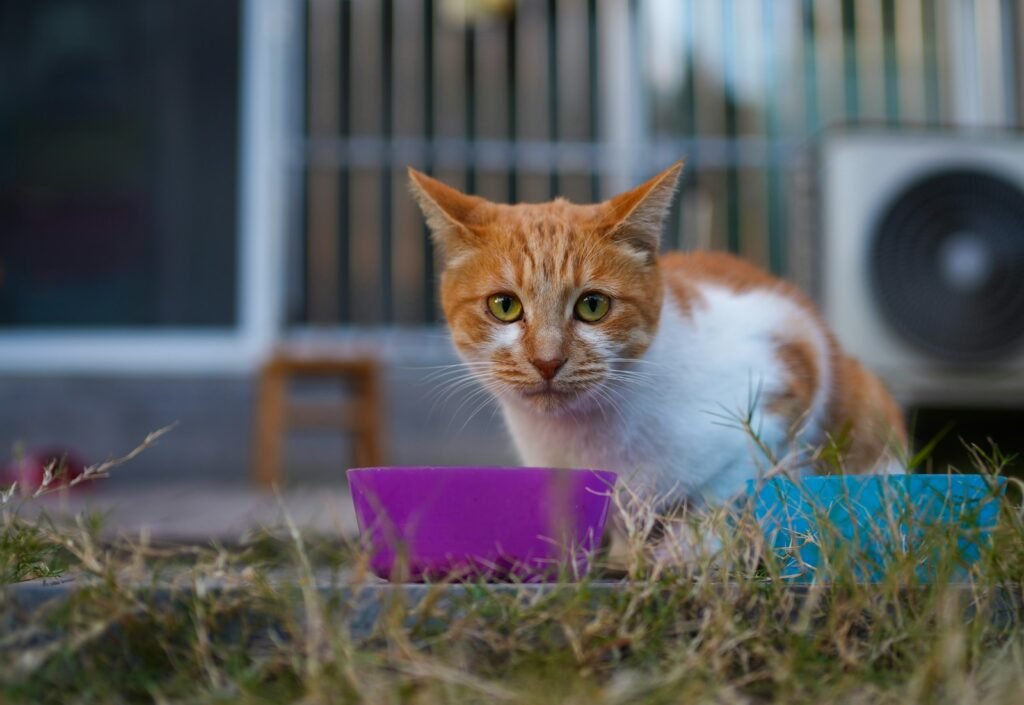
Cats are creatures of habit, especially when it comes to food. A sudden change in your cat’s eating habits, whether an increase or decrease in appetite, could signal a health problem. An increased appetite may indicate issues like diabetes or hyperthyroidism, while a lack of appetite could be a result of dental problems, gastrointestinal issues, or even kidney disease. Always monitor your cat’s eating patterns closely and consult your veterinarian if you notice significant changes.
Excessive Grooming or Lack Thereof
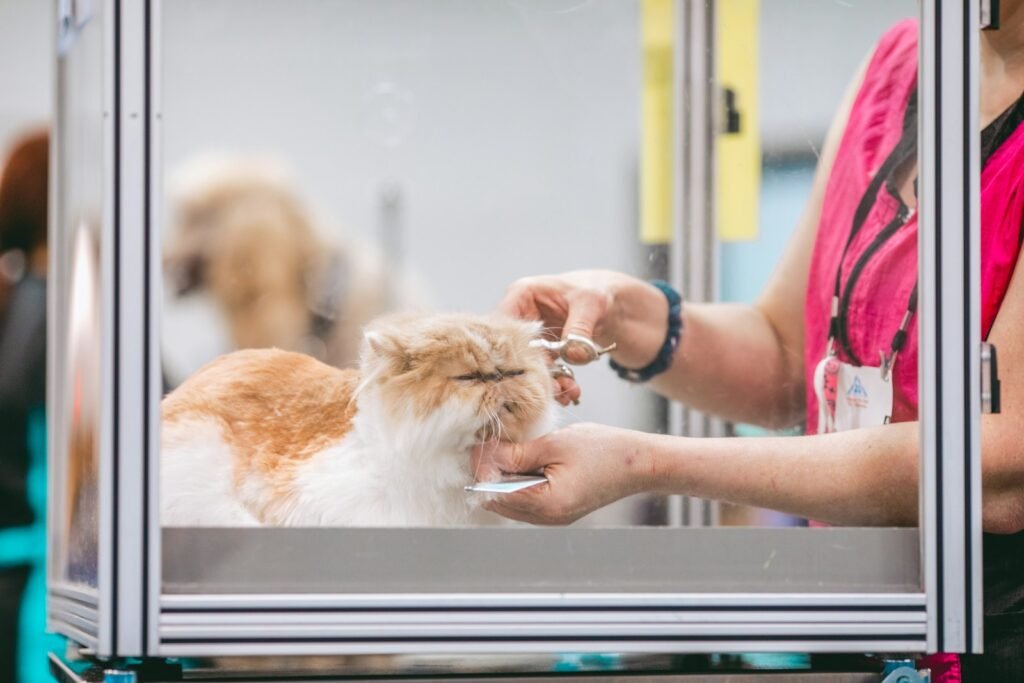
Grooming is a natural behavior in cats that helps them stay clean and regulate their body temperature. However, excessive grooming or a complete lack thereof can be worrying. Excessive grooming might be a sign of stressful situations or skin problems such as allergies or parasites like fleas. Conversely, if a cat stops grooming, it could indicate arthritis, obesity, or other pain-related issues that prevent them from comfortably self-cleaning.
Changes in Litter Box Habits
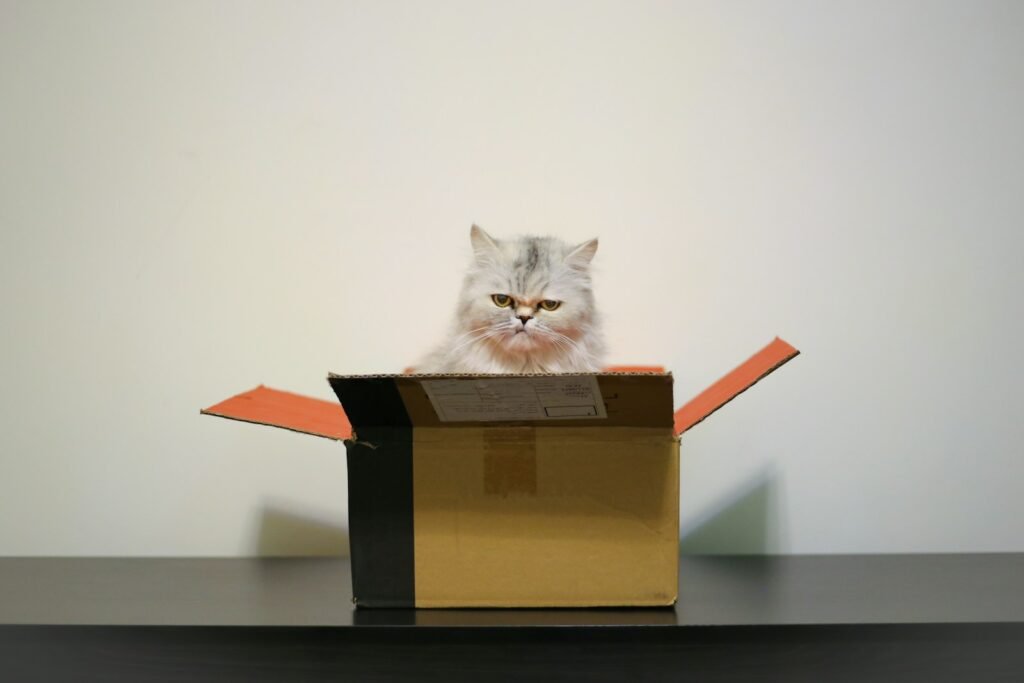
Monitoring your cat’s litter box habits is an integral part of identifying potential health issues. Frequent urination, straining, or signs of diarrhea can point to urinary tract infections, bladder stones, or kidney disease. Additionally, if your cat is avoiding the litter box altogether, it might be signaling a behavioral issue stemming from stress or a physical ailment.
Unexpected Weight Changes
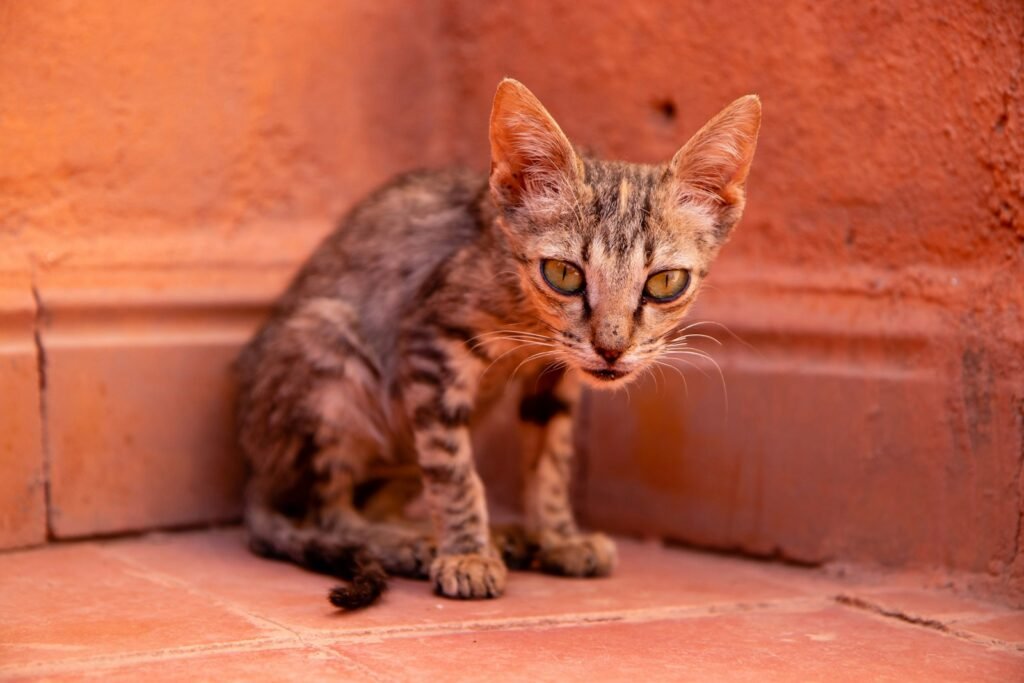
Unexplained weight loss or gain in cats can be symptomatic of deeper health problems. Weight gain might result from a sedentary lifestyle, overfeeding, or hormonal disorders such as hypothyroidism. On the other hand, weight loss could indicate illnesses like hyperthyroidism, cancer, or chronic kidney disease. Regularly weigh your cat and keep a record to easily spot any unexplained changes in weight.
Changes in Activity Levels
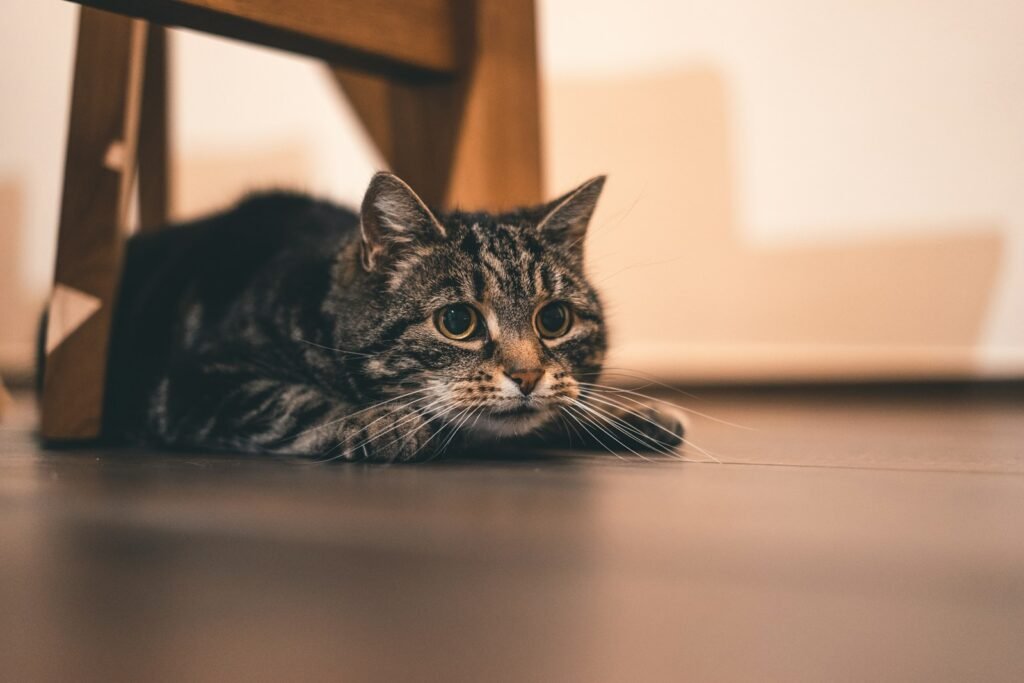
A shift in your cat’s activity levels can often be a red flag for hidden health issues. While cats are known for their love of napping, an abrupt increase in sleep or lethargy may indicate illness. Diseases like diabetes, heart conditions, or arthritis could be the underlying cause. Conversely, hyperactivity could point to hyperthyroidism or other metabolic disorders. Observe your cat’s daily routine and seek veterinary advice if you notice any significant changes.
Breathing Difficulties
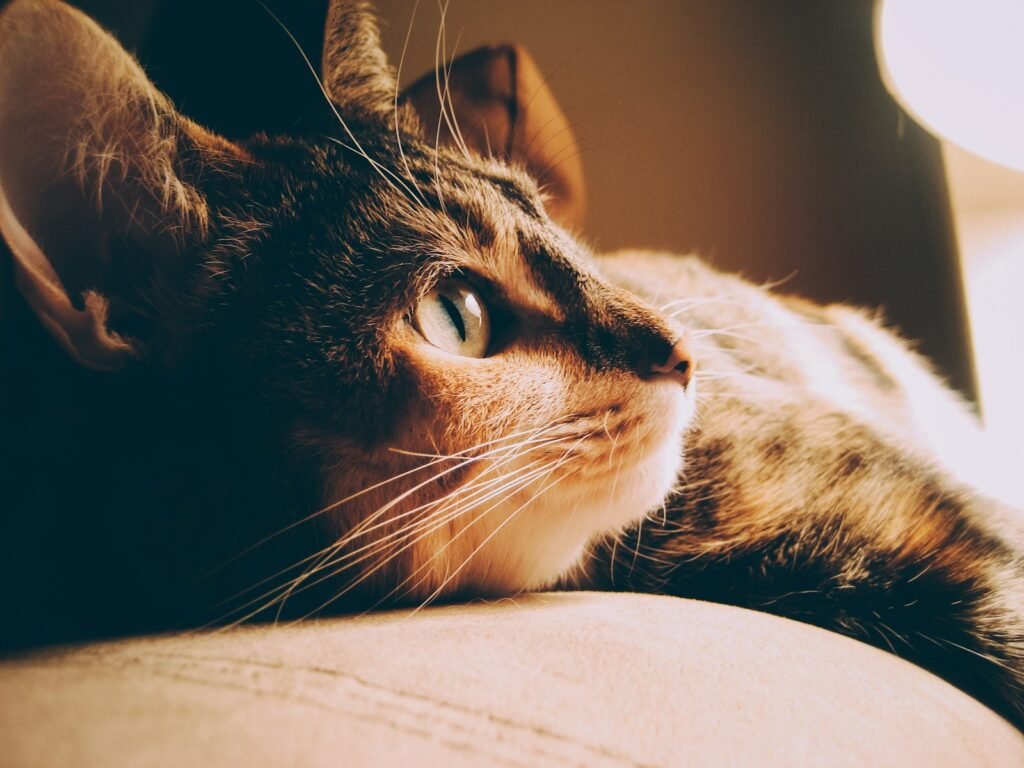
If you notice your cat panting heavily or having difficulty breathing, this could be a serious sign of health issues such as asthma, heart disease, or respiratory infections. Cats do not typically pant, so this behavior should not be ignored. Prompt veterinary examination is crucial in these cases to manage potentially life-threatening conditions.
Changes in Vocalization
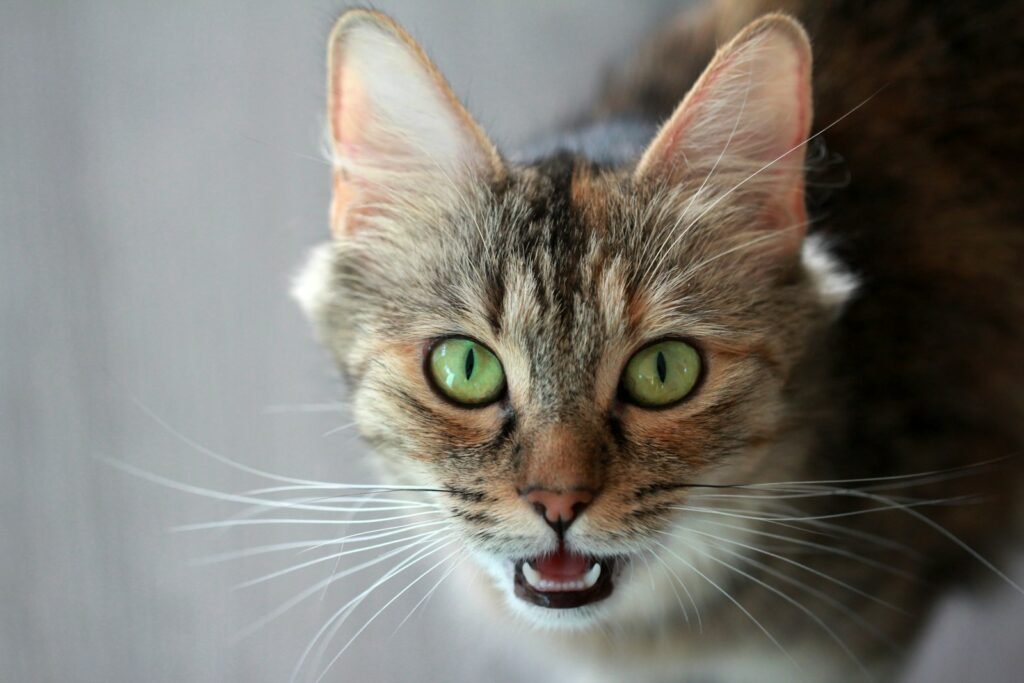
While some cats are naturally more vocal than others, a sudden increase, decrease, or change in the nature of your cat’s vocalizations can be a sign of distress. Increased vocalization could be caused by pain, anxiety, or cognitive dysfunction, while a decrease might indicate lethargy or depression. Always pay attention to the context and nature of your cat’s meows and consult with your vet if you notice any unusual patterns.
Poor Coat Condition
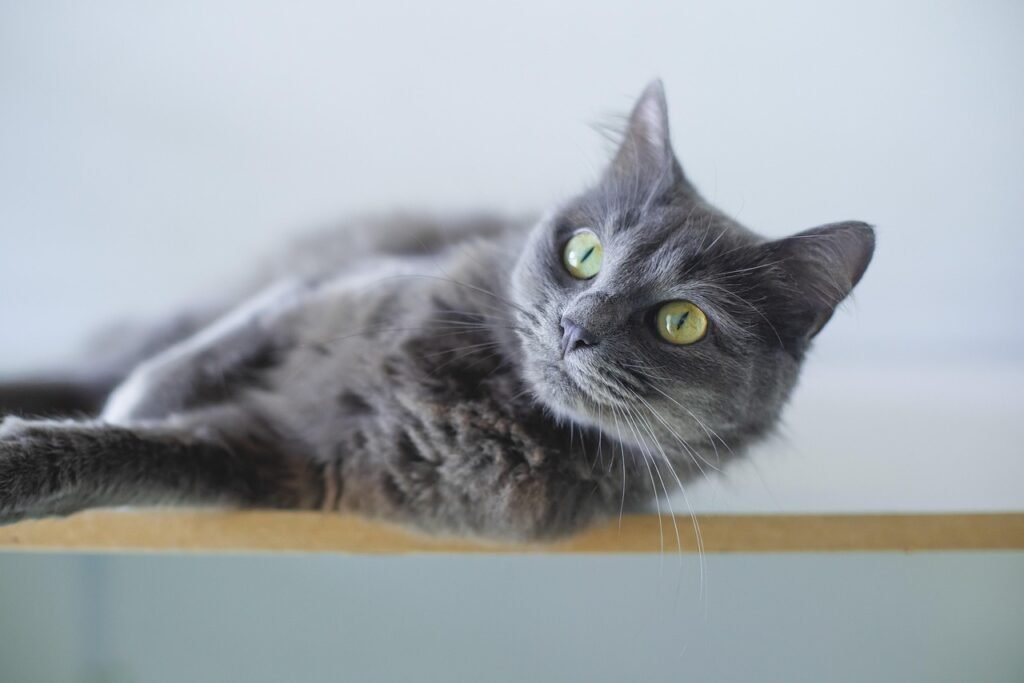
A healthy cat is generally reflected in a shiny, smooth coat. If your cat’s fur becomes dull, brittle, or begins to fall out in patches, it could be a sign of nutritional deficiencies, parasites, or more serious conditions like dermatitis or fungal infections. Regular grooming and observing the condition of your cat’s coat can help identify issues early on.
Frequent Vomiting

While occasional vomiting can occur in healthy cats, frequent vomiting should not be overlooked. Potential causes range from hairballs and dietary indiscretion to more severe issues such as liver disease, gastrointestinal blockages, or pancreatitis. Observing the frequency and any patterns in the vomiting can provide valuable information for your veterinarian.
Conclusion
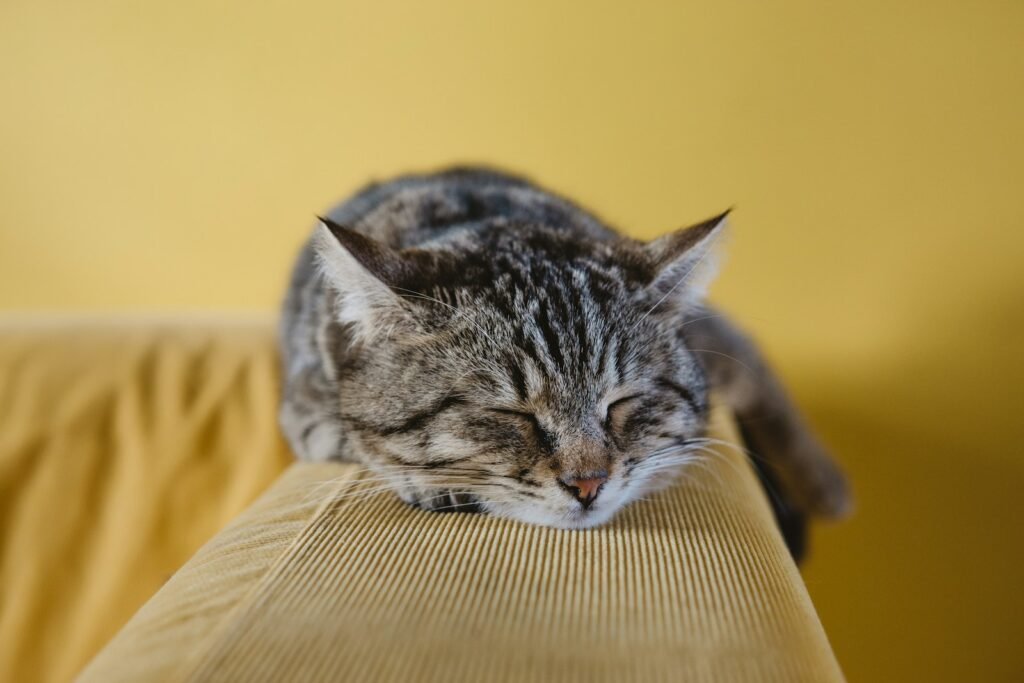
Recognizing the subtle signs of health issues in cats can be challenging but is essential for ensuring their long-term health. Regular observation, combined with understanding these signs, can help you detect potential problems early and seek timely veterinary intervention. Always consult your veterinarian if you have any concerns about your cat’s health to ensure they lead a happy, healthy life.

Growing up traveling and experiencing new cultures and wonders, I have had a passion for nature, adventuring, photography, and videography. I am currently working towards a BSc in Biodiversity and Ecology at Stellenbosch University, and I hope to specialise in Marine Sciences one day.
Please send any feedback to Feedback@animalsaroundtheglobe.com






